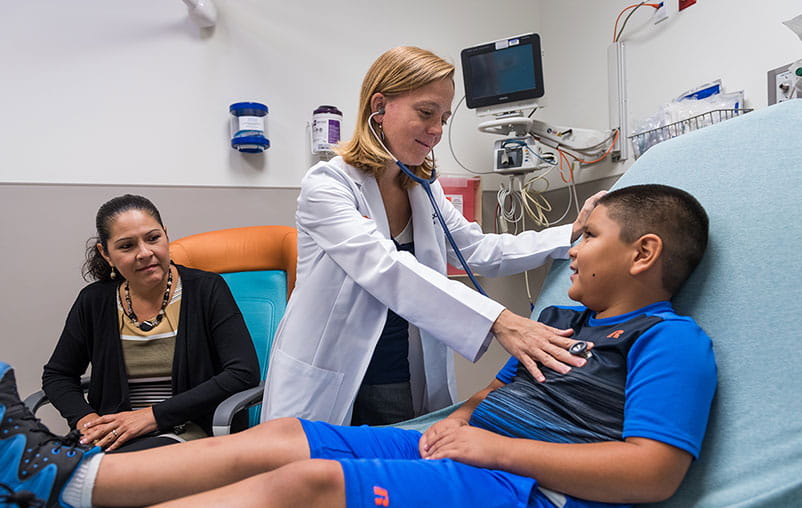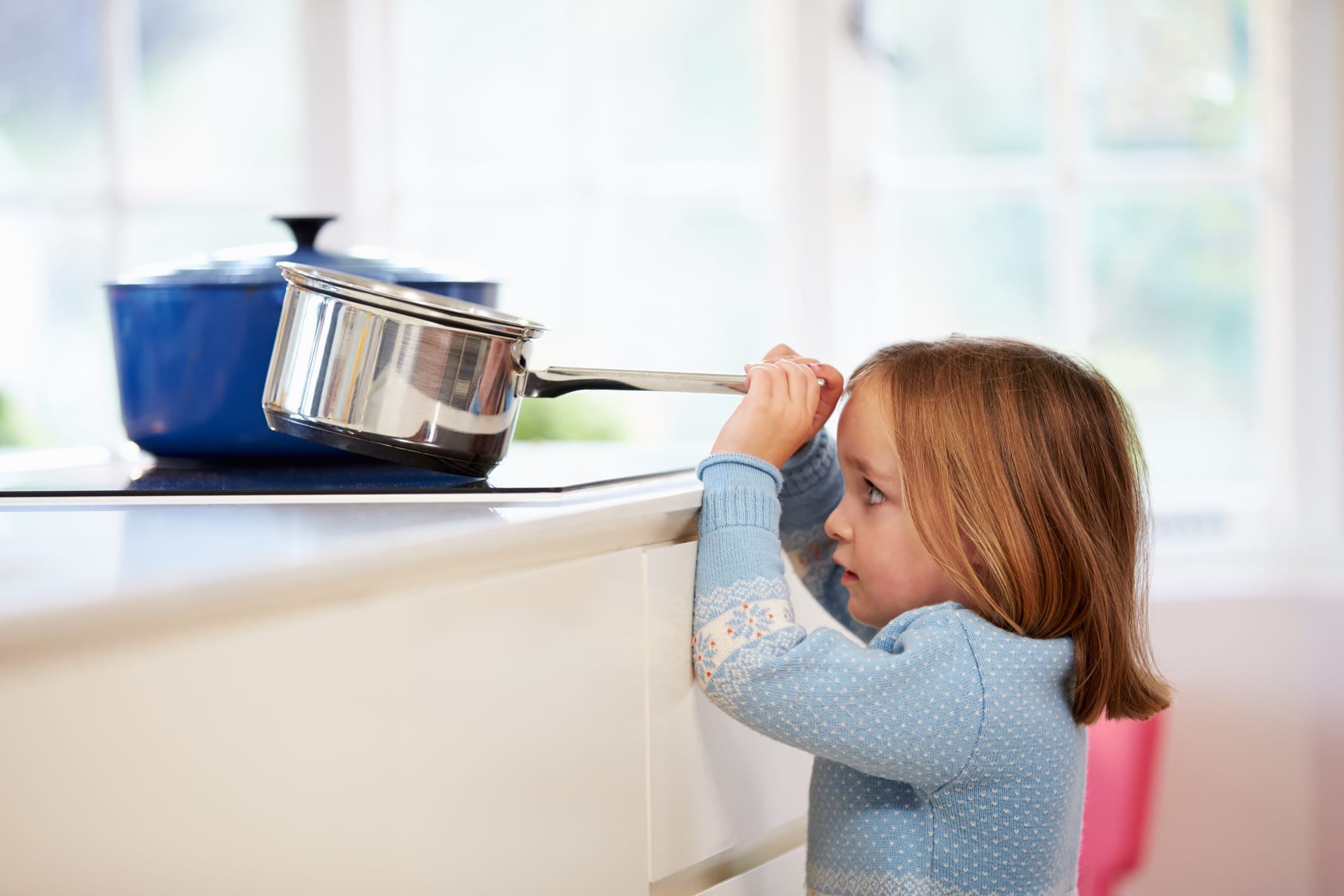The holiday season is a magical time, from Christmas and Hanukkah to Kwanzaa and Three Kings’ Day — families come together and homes are filled with excitement, laughter and gifts. Once a child sees wrapped presents, their face lights up, but before the unwrapping begins, parents and caregivers need to keep in mind toy safety.
In 2023, more than 231,000 children were treated in emergency rooms for toy-related injuries, according to the U.S. Consumer Product Safety Commission.
While knowing the difference between walk-in care and emergency care is important when protecting your child’s health and well-being, so is preventing injuries in the first place. Jennifer Northway, director of Injury Prevention at University Health, shares a simple guide you can follow, making holiday memories that are both happy and safe for your entire family.
How to Choose the “Perfect” Toy
Taking steps to choose toys that are both enjoyable and safe can prevent injuries, help you avoid the emergency room and keep the season cheerful. Northway says adults should keep three things in mind when buying gifts:
Age-Appropriate Toys
Toys come with age recommendations because some aren't suited for all ages. When ensuring your child’s safety, pick a toy that is right for their age and development.
For example, toys with small pieces could pose a choking hazard to babies and children under the age of 3. For children younger than age 3, avoid toys with:
- Sharp edges and rigid points, which can cause cuts
- Marbles or toys with small parts, which are a choking hazard
- Button batteries, which are corrosive and harmful if swallowed
- Toys or electronics with lithium-ion batteries, such as tablets and portable power banks
- Water beads, which expand when ingested and can cause suffocation or intestinal blockage and can be toxic if ingested
- Magnets, which can block the digestive system
Toy Safety Standards
Did you know that where you buy your kids’ toys matters as much as what you buy? Northway reminds gift-givers that toys in brick-and-mortar stores meet U.S. Consumer Product Safety standards, whereas toys bought online may not.
“It’s important to research the sellers and check for legitimate safety certifications before making online purchases,” said Northway.
When choosing a toy, follow age recommendations on the package, look for clear product descriptions, warning labels and established brand names to ensure you are choosing safe gifts.
Another tip is to read customer reviews and to check the product recall list. This can help you avoid toys that have caused injuries or safety concerns in the past.
The Toy Association also provides toy suggestions based on child development research to make gift-giving for family and friends easier.
Buy a Helmet that Fits
If you buy your child a bicycle, skateboard, scooter or anything with wheels, make sure you buy them a helmet that fits and meets safety standards.
Proper head protection is essential, as falls and collisions are common when kids are learning new skills and exploring outdoors. More than 280,000 children are treated in emergency rooms each year for bicycle-related accidents. Many of these injuries could be prevented by wearing a helmet on each and every ride.
Your child’s helmet should fit snugly and stay buckled while they are riding. When selecting a helmet, check for safety certification labels, which show that the helmet meets quality standards designed to protect your child in the event of an accident.
If your child hits their head while wearing a helmet, throw that helmet out and replace it with a new one. Helmets are designed to protect against one fall. Once the foam has absorbed energy from a fall, it’s important to replace it so it can protect a child’s brain from injury. You can find more bicycle safety tips from Safe Kids.
Safety and Playtime
Once the gifts are unwrapped, the real fun begins! But even during play, it’s important to stay alert. Northway says by taking these few simple precautions can help prevent accidents and keep the fun going safely:
- Get on the floor and play with your kids! Demonstrating the correct way to use a toy or game is the best way to make sure your child understands how to properly and safely enjoy it.
- Always supervise young children while playing.
- Check to see that plush (stuffed) toys have age-appropriate features, such as embroidered or well-secured eyes and noses for younger children and seams that are reinforced to withstand an older child’s play.
- Secure batteries in the toy so they don’t fall out or choose a toy without batteries.
- Store toys safely in an easily accessible storage bin. Lidded toy storage should be non-locking and have special safety features like air holes, spring-loaded hinges and clearances at the hinges to make sure little fingers won’t get caught. Organize and store toys to prevent slips, trips and falls.
- Keep a separate toy chest for older kids whose toys may contain small parts. Ask for their help in keeping their toys out of the hands of younger siblings.
- When you are done with playtime, store the toys in a secure box.
Injury Prevention at University Health
We want your family to stay safe this holiday season and all year long.
You can learn more about Injury Prevention at University Health for kids and adults on our website. Find more holiday safety tips.






